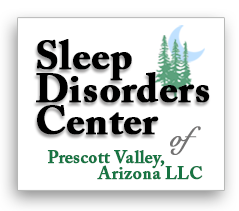 There has been some debate in the medical literature about how to approach the child with sleep apnea. One school of thought is that if it is not too severe, they can be observed or treated with medications such as nasal sprays that in some cases decrease the frequency of events. The other school of thought is to intervene early with an adenotonsillectomy.
There has been some debate in the medical literature about how to approach the child with sleep apnea. One school of thought is that if it is not too severe, they can be observed or treated with medications such as nasal sprays that in some cases decrease the frequency of events. The other school of thought is to intervene early with an adenotonsillectomy.
In last month’s New England Journal of Medicine an NIH sponsored study, called CHAT (Childhood Adenotonsillectomy Trial) addressed this issue. 464 five to nine year old children with mild to moderate sleep apnea were randomized to either surgery or watchful waiting. They were then followed for seven months. The results were quite interesting. Those children who underwent the surgical procedure did better regarding impulsivity, restlessness, and emotional lability. They also slept better and were less sleepy and fatigued than the control group. Surprisingly, this study failed to demonstrate improvements in cognition although several others have.
The issue of childhood sleep apnea is an important one. Approximately two percent of American children have sleep apnea. The consequences of it if not being treated include cognitive dysfunction, hyperactivity, and behavioral issues. It is not possible to differentiate children who snore chronically from those with sleep apnea. In fact, the American Academy of Pediatrics recommends that sleep studies be performed in children who snore habitually.
So what might lead a parent to suspect their child has sleep apnea? First, if there is chronic snoring or noisy breathing. Other things to look for during the night include excessive sweating, restlessness, frequent awakenings during sleep, and persistent bedwetting. Sleepwalking and night terrors are also more frequent in children with sleep apnea.
Therefore, I believe the take-home message is that early treatment of childhood sleep apnea is important and that adenotonsillectomy is a safe and effective treatment. The important thing is to recognize the possibility that your child might have sleep apnea and to seek treatment early.


